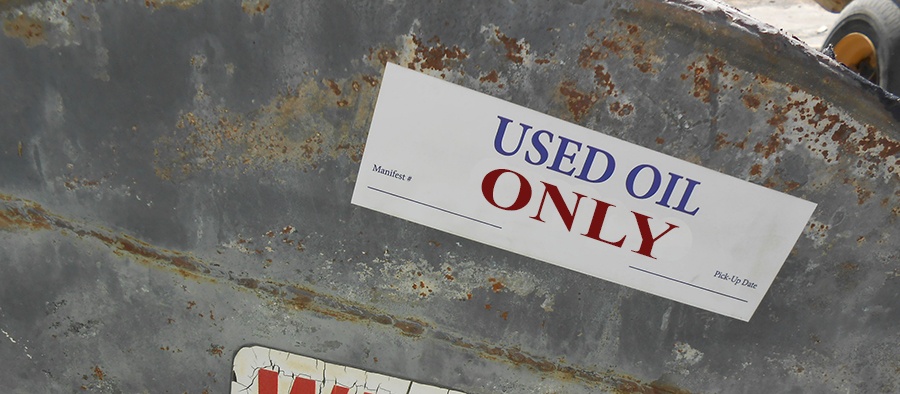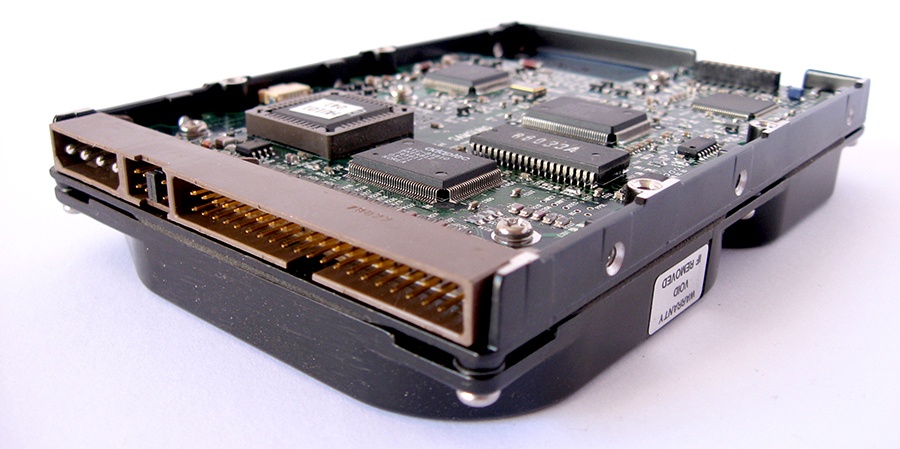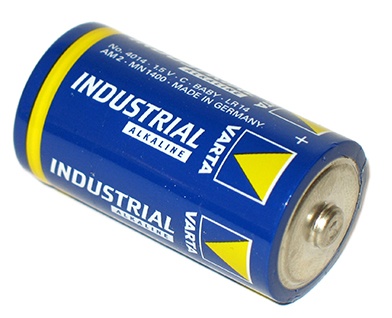Learn what Class D recyclable materials in New Jersey are.
When it comes to opening or running a recycling center in New Jersey, understanding what class of recyclable material your planning on processing & handling makes a huge difference. We frequently get asked by folks about one particular class of recyclable materials, and that's Class D recyclable materials.
For many folks, identifying how much a New Jersey recycling permit costs and figuring out how long it takes to get a recycling permit in New Jersey can be hard enough. Once you start trying to figure out what material you can or can't recycle, things can get even more challenging.
In New Jersey, Class D recyclable materials are what I consider a "catch-all" group, because it encompasses a variety of materials. The problem is, finding out exactly what Class D materials are can be an issue because sifting through regulations online or in paper form is time consuming and often confusing. So, let's figure out what these items actually are, and how they fit into the bigger picture of recycling in New Jersey.

Class D Recyclable Materials in New Jersey
Like I said, Class D materials in New Jersey encompasses various items which don't really fit into any other category. To learn about all the different classes of material, check out Classes of New Jersey Recyclable Materials to learn more about what we recycled in the Garden State.
Having said that, folks at the NJDEP really consider Class D materials to fall into two separate categories: used oil & universal wastes. So let's review exactly what these mean.

Recycling Used Oil in New Jersey
This is pretty easy to figure out, but because almost everyone I meet confuses used oil & waste oil, a lot of folks get this wrong. Here's an easy way to determine the difference.
Imagine you're going to change the oil in your car. The oil that you drain out of your car has been used for its intended purpose, and isn't usable in your car anymore.
In short, it's used oil.
Now imagine you crack open a new bottle of oil and there's some other substance floating on top of the oil. This oil isn't usable for it's intended purpose because it's contaminated.
This is waste oil.
Remember, used oil's been used for the original purpose, and waste oil is oil that's unfit for it's original use.
Used oil is universal waste that is recyclable. Waste oil is a hazardous waste. They're very, very different.
We go over this in an article on Used Oil vs Waste Oil and 7 things you need to know about used oil.

Electronics & Universal Waste Recycling in New Jersey
So while used oil is cut and dry, universal waste tends to be a little more complicated. The issue is, both the federal government and state government can identify items as "universal waste".
But what even is a "universal waste"? Here's some guidelines to help identify it:
- It's usually generated in similar amounts by businesses, industries, and consumers. Meaning, no one source makes more or less than others.
- It's found in the municipal solid waste stream. In other words, it's commonly going to be found in the trash.
- It fails the hazardous waste test. IE, it's not a hazardous waste.
- It negatively impacts solid waste facility operations. Or, it's a pain in the butt for solid waste facilities to handle.
- There's a low risk in collection, storage, and transportation when property handled. That's sort of a no brainer, isn't it?
So in other words, universal waste is an item that's generated a lot, isn't hazardous, and is a pain in the butt for solid waste facilities to handle.
What does that mean though? What's a universal waste in New Jersey? Both the USEPA and the state's identified wastes are universal waste in New Jersey, which are...
USEPA's Universal Wastes
- Batteries - This covers all types of batteries. The official definition of a battery is "a device consisting of one or more electrically connected electrochemical cells which is designed to receive, store, and deliver electric energy."
- Mercury Containing Devices - Any product part that uses mercury sealed in a container. Things commonly included are mercury switches, thermometers, and thermostats.
- Pesticides - Any used or unused pesticides that are garbage are included.
- Hazardous Waste Lamps - This is sort of a stupid name because it really covers the bulb or tube portion of an electric light. In other words, the lightbulb. Think of items like neon lights, fluorescents, sodium bulbs, metal halide lamps, etc.
New Jersey Universal Wastes
- Consumer Electronics - Any piece of electronics used in the home or business would fall into this category. Things like DVD players, printers, copies, computer, laptops, TVs, routers, hard-drives, etc.
- Oil Based Finishes - This covers things like oi-based paints, lacquers, stains, aerosol pain cans (spray paint). The official definition is "Any paint or other finish which may exhibit a hazardous waste characteristic or contains a listed hazardous waste."

More on Recycling Permits & Class D Materials in New Jersey
There's a few weird (and confusing) exceptions to the rules.
For example, the NJDEP says that if electronic equipment is classified as non-hazardous waste, it may be managed under Solid Waste Regulations. Or, non-hazardous waste electronics may be managed as a Universal Waste.
I don't know who writes this stuff..
Also, latex pain can be considered a Class D recyclable material in New Jersey if the same management requirements for oil-based finishes are followed at a facility.
There's a whole plethora of additional considerations when it comes to universal waste in New Jersey, including handling, how it's generated, handled, labeling of materials, etc. That's another article for another day.
To learn more about Class D recyclable materials and universal waste in New Jersey, contact us online or give us a call at 609-693-8301.






